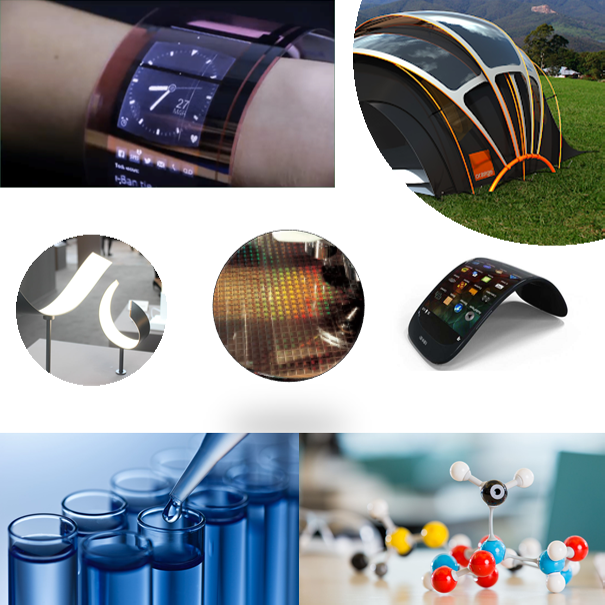Preview

What's in your smartphone?
Around 1.5 million smartphones are sold worldwide every year and recent estimates suggest there are nearly as many smartphones as people on the planet.
Containing around 80% of the naturally occurring elements on the periodic table, ranging from lithium in the battery, to gallium in the electronics and rare earth elements: praseodymium and europium in the touch screen. These elements may not be familiar to you, and there is a good reason for that!
For this interactive activity we have crushed and dissolved several smart phones and measured their chemical composition in our laboratories in the School of Ocean and Earth Science.
Expect to see:
- the composition of the smart phones;
- some quizzes about what each element is used for;
- the geological processes involved in the concentration of the elements into deposits suitable for extraction;
- specimens of rocks containing mineralisation of the elements of interest, and
- microscopes with rock sections that you can interact with!
Containing around 80% of the naturally occurring elements on the periodic table, ranging from lithium in the battery, to gallium in the electronics and rare earth elements: praseodymium and europium in the touch screen. These elements may not be familiar to you, and there is a good reason for that!
For this interactive activity we have crushed and dissolved several smart phones and measured their chemical composition in our laboratories in the School of Ocean and Earth Science.
Expect to see:
- the composition of the smart phones;
- some quizzes about what each element is used for;
- the geological processes involved in the concentration of the elements into deposits suitable for extraction;
- specimens of rocks containing mineralisation of the elements of interest, and
- microscopes with rock sections that you can interact with!
You may also like

TRI-SoMe Chicken: Feeding your Chicken
What do you need to 'build' a chicken to eat as meat? What has making chicken for meat got to do with resilience - of the UK food system and of individual consumers (human and avia ...Read More
Highfield Campus

Flexible Nanoelectronics
Future electronics will be smart, flexible, bendable, made from sustainable, not-toxic materials and will be easy to recycle. We use nanotechnology and draw inspiration from na ...Read More
Highfield Campus
 - v2.jpg)
